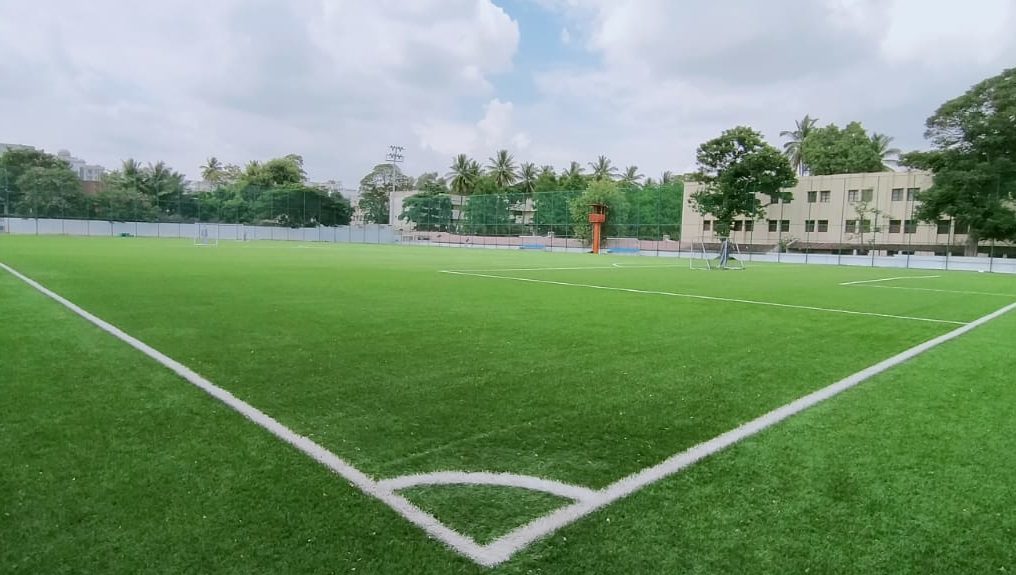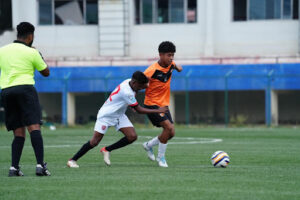Creating a safe environment for both the staff and players is the number one priority at South United. Therefore, even before training activities are resumed, it is paramount to be aware of the prevalent risks and factors that could increase the transmission of the virus (COVID-19).
Compared to other team sports like Cricket, Football demands a lot of body contact, which makes the risk of getting exposed to the virus higher. Moreover, the sharing of footballs or any equipment could potentially lead to further transmissions. At this moment, it is important that everything around ‘health and safety’ is planned, structured, and implemented appropriately according to the guidelines given by the Government and national sports bodies.
Following Social Distancing would still be mandatory to keep everybody on the field safe, and embracing a “phase-based approach” is essential.
Phase 1: (Individual Training)
In this phase, players will resume basic football exercises and activities on their own under the supervision of an adult at their homes. This can be achieved by the parents helping their child with training, or it could be through online training classes, with the use of modern technology, where coaches conduct live sessions via their phones/laptops. This approach has already been taken by South United, and the players have been receptive to it so far.
Phase 2: (Training in small groups of 2-3)
In this phase, players can be brought on to the field where they train in small groups with a coach supervising them. All training activities must be planned keeping social distancing in mind. For example, every player would have a ball of their own, and they would be restricted to work only in certain areas or zones that are allocated to them individually.
Phase 3: (Training in a group with a maximum of 10 participants)
In this phase, the players can be allowed to practice in groups of a maximum of 10 participants, whilst following the rules of Social Distancing. The coach has to be more diligent in planning activities that would not demand any type of body contact. The players would still need to be limited to use their own footballs/equipment and constrained to work in their own allocated spaces.
Phase 4: (Training in groups of more than 10)
In this phase, the players would be allowed to practice in groups of more than 10. Rules could be eased while still maintaining at least 1.5 meters distance from each other. Sharing of just footballs amongst players at training could now be permitted, which would then allow coaches to design team-based practices.
Throughout all the phases that are mentioned above, there are other mandatory hygiene measures that must be followed by the players, the facilitator of the training sessions, and anyone else involved:
- Every participant must be tested and screened before entering the training facility. (Temperature Checks)
- One must wash or sanitize their hands before and after training.
- All equipment must be sanitized before and after training.
- Spitting is completely forbidden, on and off the field.
- Sharing personal items, such as water bottles or towels, must be prohibited.
- Social Distancing must be maintained while travelling to and from training locations.
- Minimize the use of communal facilities.
- One must not attend training if they feel unwell.




